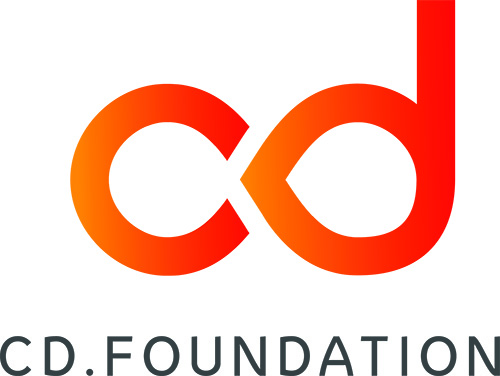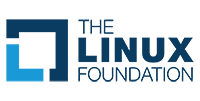What you will learn
- How DevOps is influencing software delivery and why it is important for IT operations personnel to skill up with DevOps practices.
- How the open container ecosystem, with Kubernetes in the lead, is truly revolutionizing software delivery and what role an Operations Engineer plays in it.
- The why, what and how of writing Infrastructure as a Code.
- The role played by Continuous Integration (CI) in software delivery.
- What is Continuous Deployment and Continuous Delivery (CD) and what does a deployment pipeline look like.
- The role played by Observability systems, what to observe and why.
- How to implement CI and CD workflows using the Jenkins automation server.
- How to build serverless functions that can be run on any cloud, without being restricted by limits on the execution duration, languages available, or the size of your code.
Is your organization looking to incorporate DevOps into your software development and deployment processes? With its modern principles, practices and an array of state-of-the-art automation tools, DevOps provides a collaborative path to bring your IT operations into the Agile development manifold, ultimately resulting in faster software delivery and time to market, without compromising on quality.
The DevOps Practices and Tools Professional Certificate program is addressed to developers and IT operators exploring new approaches for building software, professionals focused on site reliability and quality assurance, and anyone involved in the software delivery process.
In this program, you will start your journey by learning how DevOps is influencing software delivery, how cloud computing has enabled organizations to rapidly build and deploy products, new features and expand capacity, how the open container ecosystem, with Docker and Kubernetes in the lead, is truly revolutionizing software delivery, and the why, what and how of writing Infrastructure as Code (IaC). You will also learn about Continuous Integration and Continuous Delivery (CI/CD), what a deployment pipeline looks like, the role played by observability systems, what to observe and why. You will then get a solid understanding of the role that Jenkins plays in the software development lifecycle (SDLC), how to install a Jenkins server, how to build software for it, how to manage third party integrations/plugins and how to scale and secure Jenkins. And finally, you will take it a step further and learn how to build serverless functions that can run on any cloud, without being restricted by limits on the execution duration, languages available, or the size of your code.
DevOps has become an important part of software engineering culture, influenced by the wide adoption of microservices, containers and cloud computing. Serverless takes the evolution of cloud-based and microservice architecture one step further, simplifying the operational part of DevOps, development and delivery, and allowing IT organizations to achieve greater business agility.
The 2020 Open Source Jobs Report from edX and the Linux Foundation highlighted the strong popularity of DevOps practices - it is the most in demand job role amongst hiring managers surveyed - along with cloud and container technologies, which are the most sought after technical skills. In addition to DevOps skills being in high demand, DevOps jobs are among the highest paid tech jobs. Get the knowledge and skills needed to deploy software with confidence, agility and high reliability using modern DevOps practices and tools. Start your DevOps journey today!
Courses in this program
LinuxFoundationX's Introduction to DevOps: Practices and Tools Professional Certificate
- 1–2 hours per week, for 10 weeks
Learn how to start transforming your organization using the principles and practices of DevOps.
- 2–3 hours per week, for 12 weeks
Learn the fundamentals required to implement Continuous Integration (CI) and Continuous Delivery (CD) workflows using the Jenkins automation server.
- 2–3 hours per week, for 7 weeks
Learn how to build serverless functions that can be run on any cloud, without being restricted by limits on the execution duration, languages available, or the size of your code.
- The 2020 Open Source Jobs Report found DevOps to be the job role most in demand with employers. 93% of these employers also reported having difficulty finding enough qualified staff.
- This program is targeted towards software developers and architects, professionals focused on site reliability and quality assurance, as well as IT operators interested in exploring new approaches for building and deploying software.
- Learners will be able to understand how to build and deploy software with confidence, agility and high reliability using modern DevOps practices and tools.
Meet your instructors from The Linux Foundation (LinuxFoundationX)
Experts from LinuxFoundationX committed to teaching online learning
Program endorsements

As companies increasingly differentiate with software features, DevOps and continuous delivery practices are key to improving organizational performance. Professionals with a solid understanding of DevOps practices and related tools will be invaluable to every industry
Enrolling Now
Get started in computer science
Browse other computer science coursesPropelling
Drive your career forward with university-backed credit programs and verified certificatesConvenient
Study and demonstrate knowledge on your scheduleFlexible
Try a course before you paySupportive
Learn with university partners and peers from around the world






